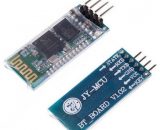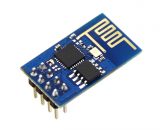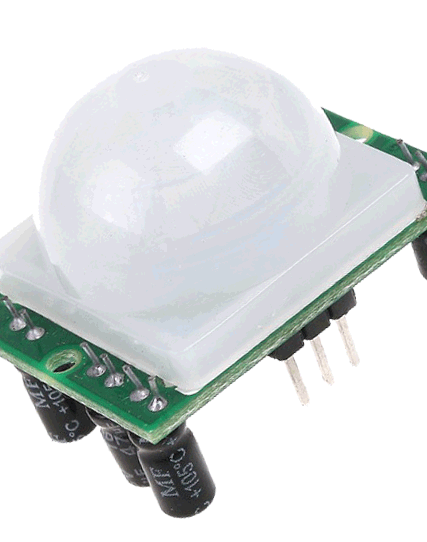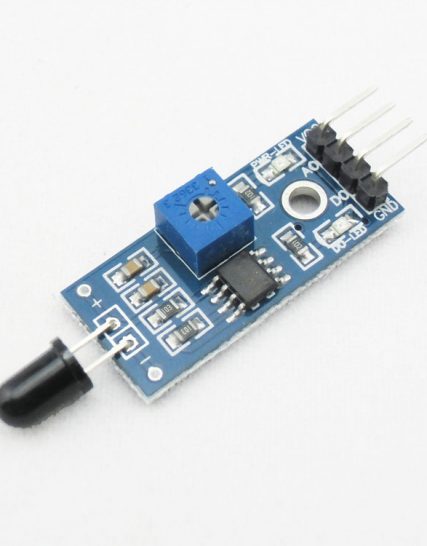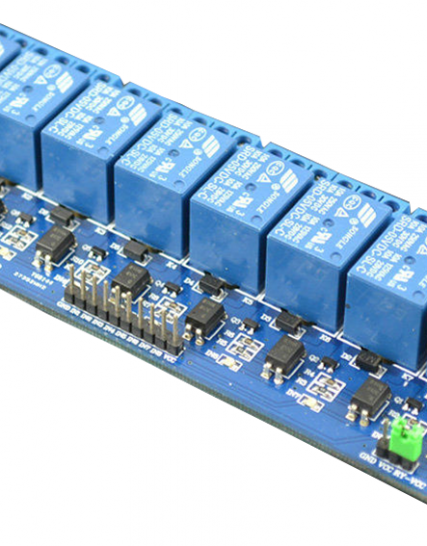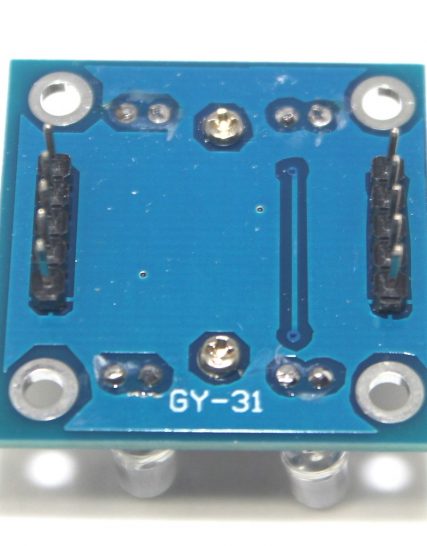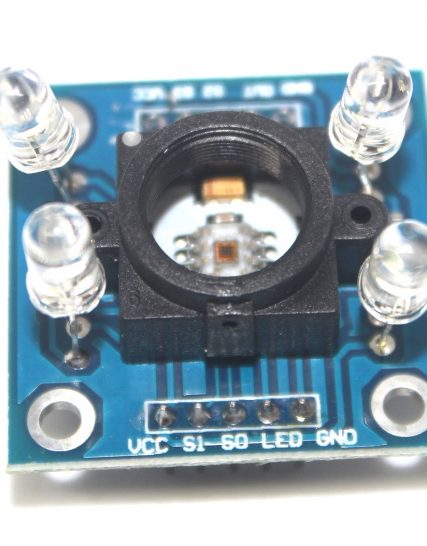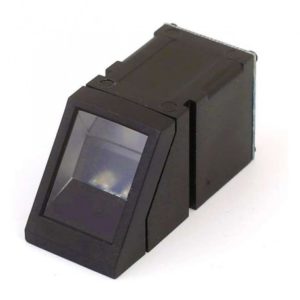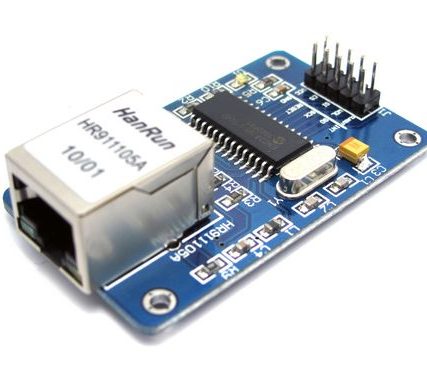- You have no items in your shopping cart
- Subtotal: ₦0.00
ESP8266 01S wifi module
₦3,000.00
The ESP8266 01S is a low-cost WiFi module that allows microcontrollers to connect to a WiFi network and make simple TCP/IP connections using Hayes-style commands. It is an improved version of the popular ESP8266-01 module, featuring better stability and performance. The module is ideal for IoT (Internet of Things) applications, enabling devices to communicate wirelessly with the internet or local network.
Key Features:
- Integrated TCP/IP protocol stack
- WiFi 802.11 b/g/n support
- Built-in low-power 32-bit CPU, can also function as an application processor
- 1MB of Flash memory
- Supports AP (Access Point), STA (Station), and AP+STA modes
- UART interface for easy integration
- Wide range of GPIOs for connecting sensors and peripherals
- Compact and lightweight design
Technical Specifications:
- Microcontroller: Tensilica L106 32-bit RISC processor, running at 80 MHz
- Operating Voltage: 3.0V to 3.6V
- Flash Memory: 1MB
- RAM: 50 kB
- WiFi Standards: 802.11 b/g/n
- Frequency Range: 2.4 GHz to 2.5 GHz
- Data Rate: Up to 1 Mbps
- UART Baud Rate: 9600 bps (default)
- GPIO Pins: 2 (GPIO0 and GPIO2)
- Operating Current: 70 mA (typical)
- Deep Sleep Current: < 10 µA
- Operating Temperature: -40°C to +125°C
- Dimensions: 25mm x 15mm x 6mm
Applications:
- Internet of Things (IoT) devices
- Home automation
- Wireless sensor networks
- Remote data logging
- Smart appliances
- Wearable technology
- DIY electronics projects
Usage:
-
Connection:
- Connect the VCC pin to a 3.3V power supply and GND to ground.
- Connect the TX and RX pins to the UART interface of the microcontroller (with proper voltage level shifting if necessary).
- Use GPIO0 and GPIO2 for additional control and sensor connections.
-
Programming:
- Use AT commands to configure and control the module via a serial interface.
- Optionally, use the Arduino IDE or other compatible development environments to write custom firmware for the ESP8266.
-
WiFi Configuration:
- Configure the WiFi settings (SSID and password) using AT commands or custom firmware.
- Establish TCP/IP connections for data communication with remote servers or local networks.
Caution:
- Ensure the module operates within the specified voltage range to avoid damage.
- Handle the module carefully to avoid static discharge and physical damage.
- Use proper level shifting for UART communication if connecting to a 5V microcontroller.
Datasheet:
For detailed technical specifications, refer to the ESP8266 01S Datasheet.
In stock
Additional Information
| Weight | 0.001 kg |
|---|

